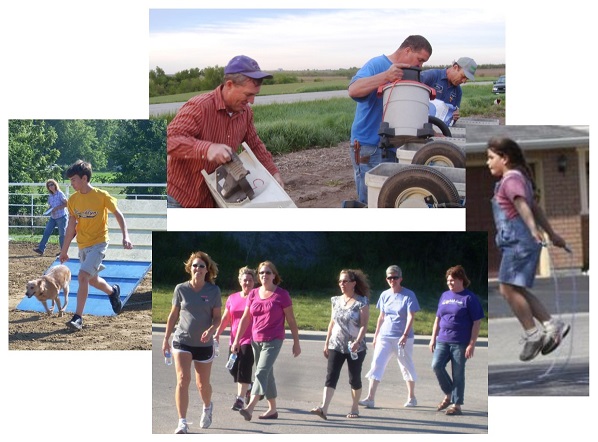Welcome
What is Extension?
All universities engage in research and teaching. The nation's more than 100 land-grant universities have a third critical mission- extension.
Extension "reaches out," extending resources and addressing public needs with university resources through non-formal, non-credit programs. Programs are largely administered through County Extension offices that bring land-grant university expertise to the local level.
Today, Extension plays an important role in American life in rural, urban, and suburban settings. Extension Agents help farmers grow crops, help families plan safe and nutritious meals, and help children acquire the necessary skills to become tomorrow's leaders.

Over a century ago, when Congress created the Extension system, more than 50 percent of the U.S. population lived in rural areas and 30 percent of the workforce was engaged in farming. Extension's engagement with rural America supported the agricultural revolution, which dramatically increased farm productivity. In time, less labor was needed to produce the same amount of food on less acreage.

In Kansas, Extension personnel work on the Kansas State University campus and in 105 county offices. Extension programs are designed to meet the needs of the local community. The Atchison County Extension Office promotes programs in these areas:
- 4-H Youth Development
- Health, Nutrition, & Safety
- Lawn & Garden
- Business & Economics
- Crops & Livestock
- Home & Family